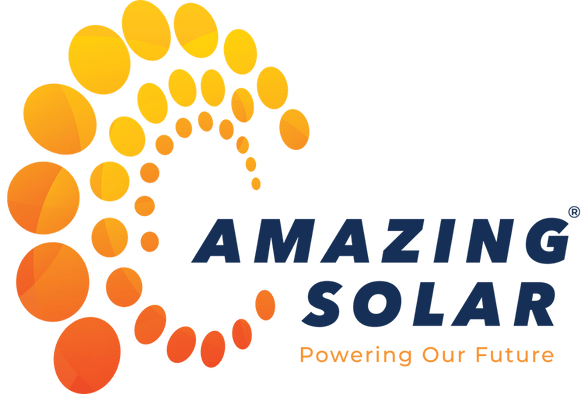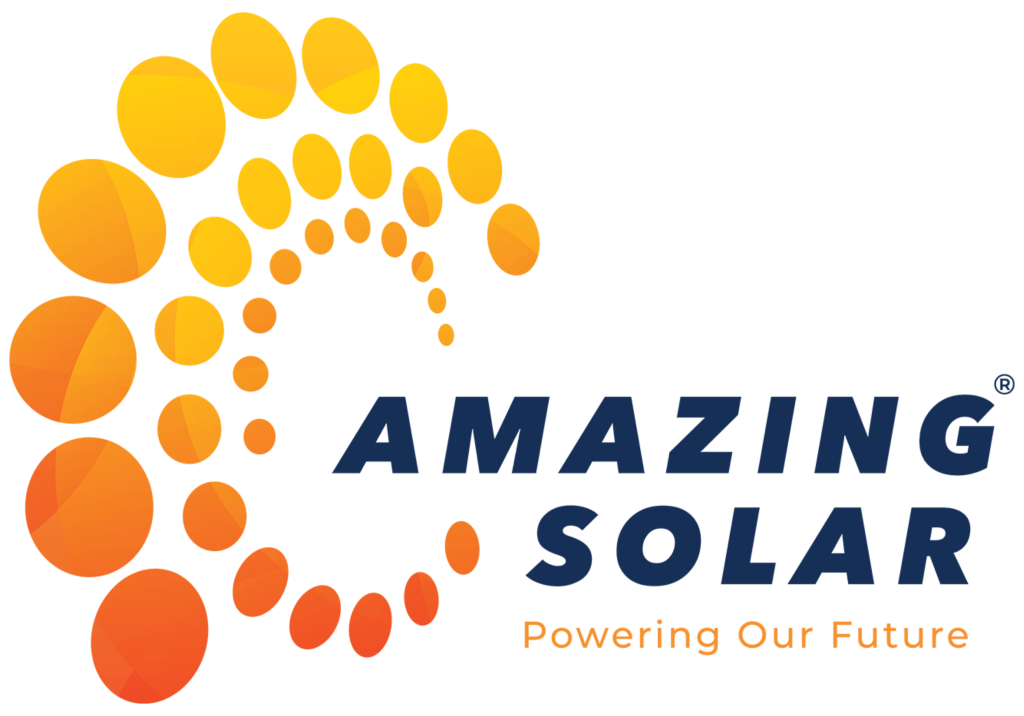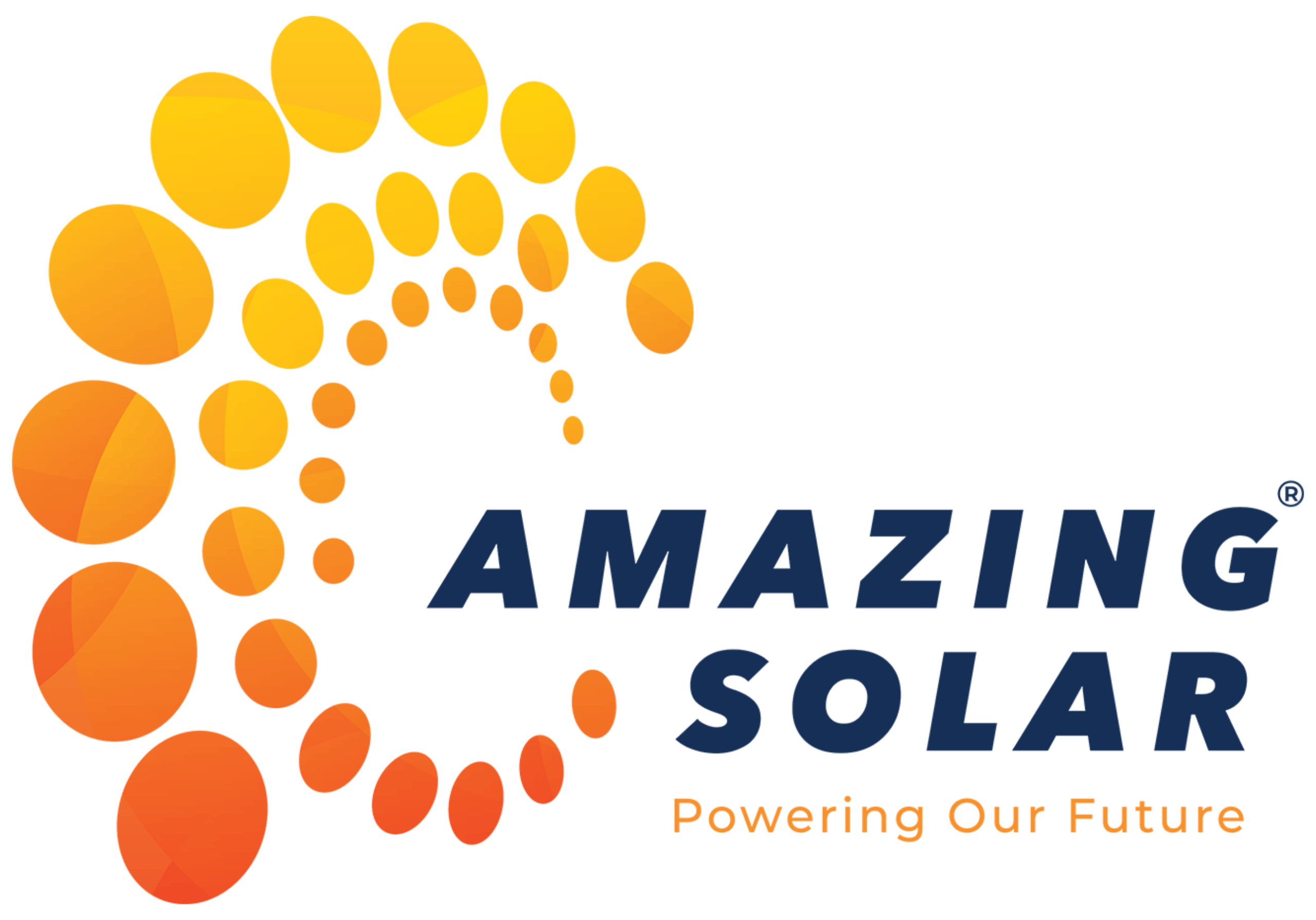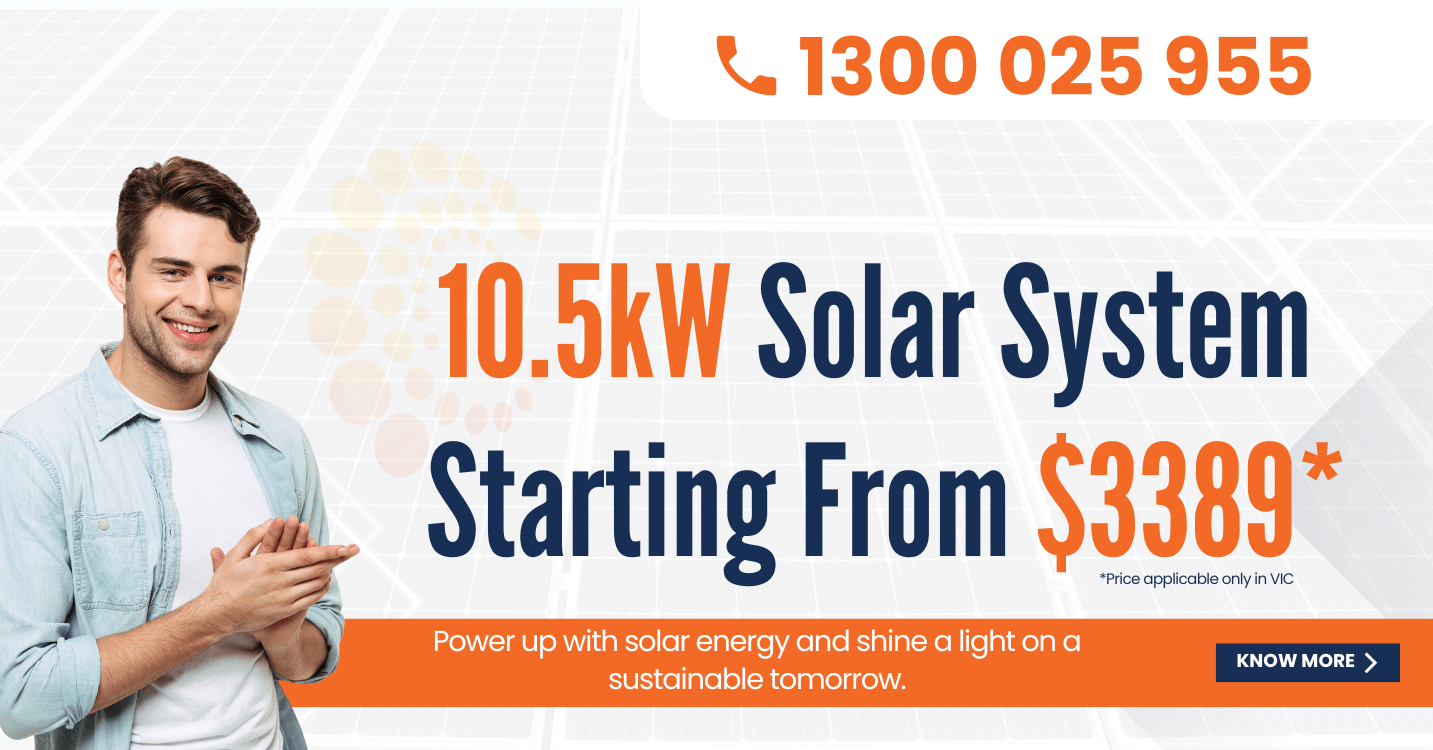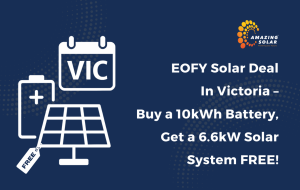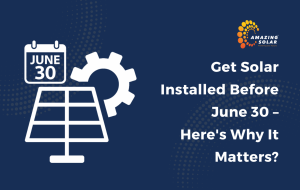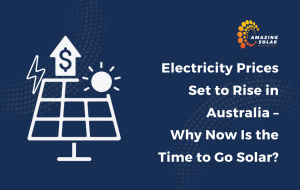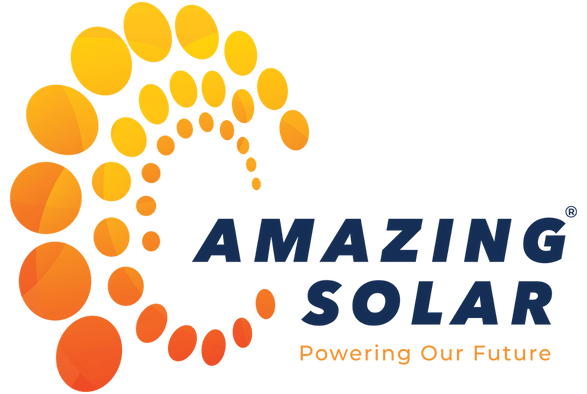Solar inverters play a pivotal role in harnessing the power of the sun by converting direct current (DC) electricity generated by solar panels into usable alternating current (AC) electricity for homes and businesses. With various types of solar inverters available, it’s important to understand their differences and benefits.
Understanding Solar Inverters
A solar inverter is a crucial component in any solar power system, facilitating the transformation of DC electricity produced by solar panels into AC electricity, aligning it with the grid’s voltage and frequency for seamless integration into your electrical system.
Types of Solar Inverters:
String Inverters:
String inverters are the most prevalent type and are typically connected to a string of solar panels. They efficiently convert the combined DC electricity from all panels into AC electricity. String inverters are cost-effective and easy to install but may be less efficient and pose a single point of failure for the solar system.
Microinverters:
Microinverters are linked to each individual solar panel, individually converting DC to AC. They are pricier than string inverters but offer increased efficiency and reliability. Each solar panel operates independently with microinverters, allowing for optimized performance, especially in scenarios involving shading or damage to specific panels.
Power Optimizers:
Power optimizers optimize the output of each solar panel without directly converting DC to AC. They enhance efficiency even if panels face varying directions or receive different sunlight levels. Power optimizers are more affordable than microinverters but may not match their efficiency.
Hybrid Inverters:
Hybrid inverters combine the functionalities of both string inverters and battery inverters. They are suitable for systems incorporating both solar panels and batteries, offering backup power during blackouts. Although pricier than string inverters, hybrid inverters provide greater flexibility, making them an ideal choice for homes with battery storage.
Selecting the Right Solar Inverter
Choosing the most suitable solar inverter depends on factors such as the size of your solar panel system, your location, and your budget. It’s advisable to consult with a solar installer to make an informed decision tailored to your specific needs.
Conclusion
Solar inverters are integral components of solar power systems, significantly impacting energy efficiency and cost savings. By selecting the appropriate solar inverter, you can optimize your solar panel output and enhance your overall solar energy experience. For residents in Victoria, Australia, seeking solar solutions, obtaining a free solar quote can help you find the right solar inverter to meet your requirements and budget.

